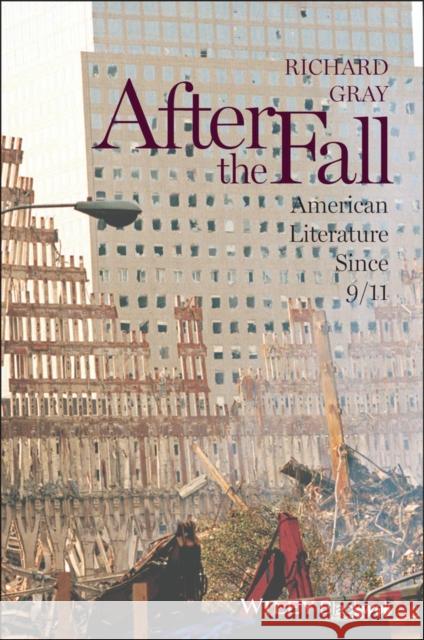After the Fall » książka
topmenu
After the Fall
ISBN-13: 9780470657928 / Angielski / Twarda / 2011 / 240 str.
After the Fall presents a timely and provocative examination of the impact and implications of 9/11 and the war on terror on American culture and literature.
- Presents the first detailed interrogation of U.S. writing in a time of crisis
- Develops a timely and provocative arguement about literature and trauma
- Relates U.S. writing since 9/11 to crucial social and historical changes in the U.S. and elsewhere
- Places U.S. writing in the context of the transformed position of the U.S. in a world characterized by political, economic, and military crisis; transnational drift; the resurgence of religious fundamentalism; and the apparent triumph of global capitalism











